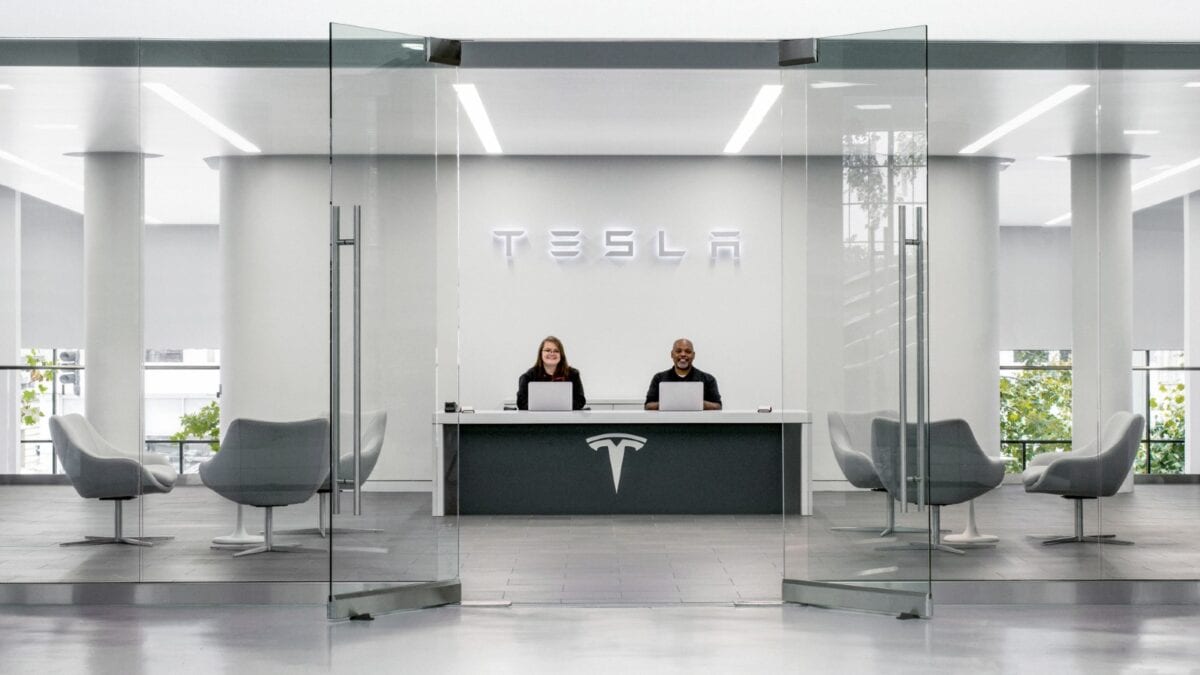Tesla (NASDAQ:TSLA) hasn’t had a great start to the year, with the stock down 30%.
In its results on 24 January, it reported earnings and revenue down 2.8% and 1.65%, respectively. On 13 March, Wells Fargo downgraded Tesla to the equivalent of a sell rating, calling it a “growth company with no growth”. Goldman Sachs followed suit, lowering its price projections on 18 March.
Tesla responded by announcing a $1,000 price increase for all Model Y electric vehicles (EVs) starting 1 April. The announcement helped boost the share price by 3.8% in morning trading on 18 March and it closed up more than 6% on the day.
Serious quality issues
Federal agencies have reportedly received 4,228 complaints related to Tesla EVs recently. The number of issues is so high a writer for popular tech site The Verge penned an article with the sarcastic title Tesla vehicles have serious quality issues, part 7,294,656.
That’s clearly an exaggeration but is indicative of how bad the situation is. A quick search reveals a long list of mechanical failures, accidents, fires, and autopilot disasters related to Tesla vehicles.
The general consensus?
Tesla is a tech company, not a car company. And therein lies the problem. Under the guidance of CEO Elon Musk, it has done a lot to advance self-driving technology – but appears to fall short when it comes to car mechanics.
Even rental agencies are pulling out
CEO Stephen Scherr of rental car company Hertz Global Holdings recently stepped down after an ill-advised attempt at adopting Tesla vehicles. After just two years with the company, Scherr threw in the towel due to massive losses incurred when 100,000 new Tesla EVs saw minimal demand and resulted in costly repairs.
When Tesla slashed pricing last year to pump up sales, Hertz was left with thousands of high-priced used Model 3 and Model Y Tesla’s with minimal resale value. The catastrophe resulted in Hertz reporting its largest quarterly loss since the pandemic.
But Tesla is not alone
EVs in general haven’t been doing well lately. Shares for Tesla competitors NIO and Polestar are in similar positions, each down by over 30% this year.
But Chinese competitor BYD appears to be bucking the trend, up 15% over the past month. The company’s subsidiary BYD Auto is now a leading new energy vehicle (NEV) manufacturer and claims to be the highest-selling EV company in China for the past two years.
The growth is reportedly due to lower pricing that Tesla can’t compete with.
Despite its current issues, Tesla has a long history of strong performance and a solid balance sheet. With over $100bn in assets and $63bn in equity, it easily covers its $4.6bn in debt. Earnings grew 19.2% over the past year and are expected to continue at around 10% per year.
Can it recover?
Diminishing demand, mechanical issues, and lower-priced alternatives from China pose serious threats to Tesla’s future. While it remains the most popular EV brand in the US, it’s rapidly losing ground in the critical Chinese market.
The next earnings report on 17 April will provide a better picture but I’m not hopeful for Tesla in 2024. It would need to enact serious change to repair the reputational damage and turn its fortunes around.
When it comes to EVs, I think more promising options to look at currently include Li Auto, BYD, and XPeng.








